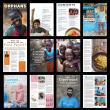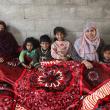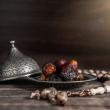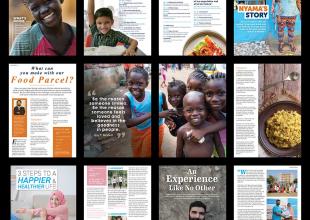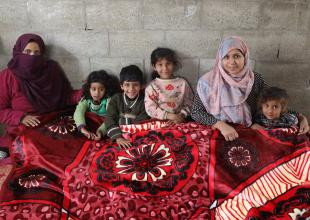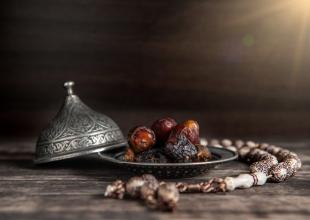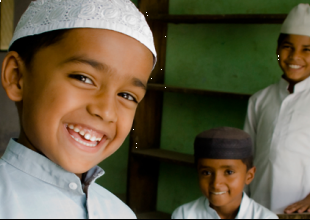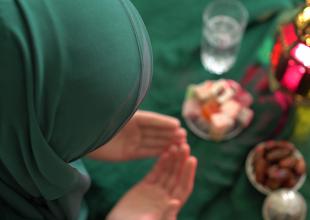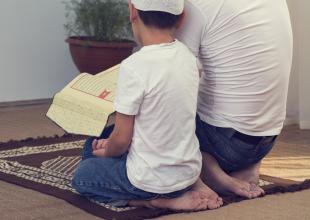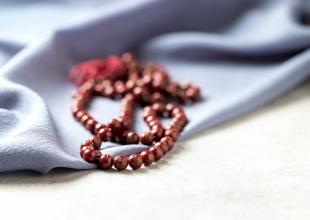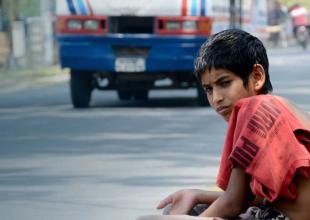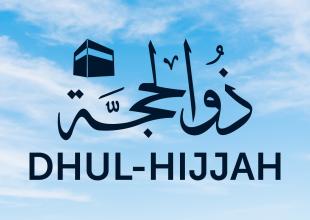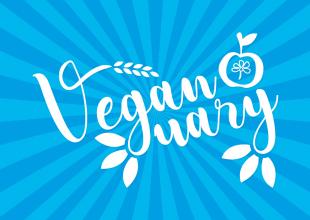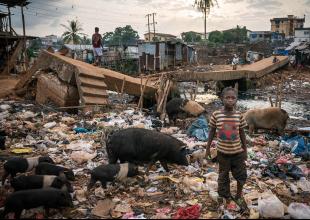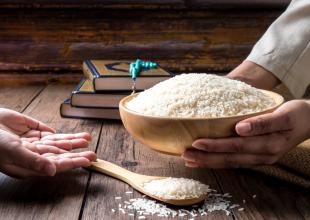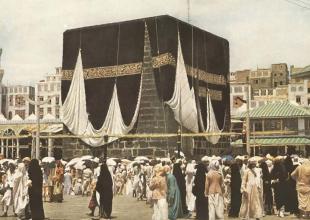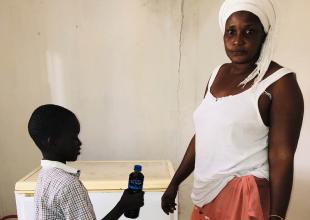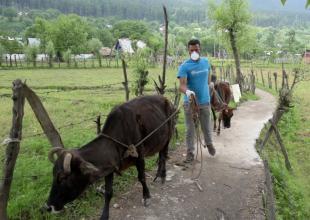Posted: Jun 09 2020
Eid inLockdown – Howto Celebrate Duringthe Covid-19 Crisis
This year, Eid is likely to be a little different as the country may still be in lockdown. Since the Covid-19 pandemic began, countries around the world have enforced rules to restrict the movement of people and have encouraged their citizens to stay at home in order to prevent further spreading of the virus.
For Muslims everywhere, this lockdown means that they might not be able to attend the mosque for morning prayers or visit family and friends as they are accustomed to on Eid-ul-Fitr.
What is Covid-19?
Covid-19, a newly-discovered coronavirus, is an infectious disease affecting the respiratory system. It is particularly dangerous for the elderly and anyone with underlying health issues. It is believed to have originated in Wuhan, China and has now spread globally leading to a pandemic.
What is Eid-ul-Fitr?
Eid-ul-Fitr is a religious festival celebrated by Muslims at the end of the holy month, Ramadan. Eid-ul-Fitr is the festival of breaking the fast and, as a result, it is forbidden for all Muslims to fast on this day. Instead, Eid-ul-Fitr is considered a joyous occasion where most people thank Allah SWT for giving them the patience to and strength to fast continuously through the month of Ramadan. Eid-ul-Fitr is also to celebrate the Qur’an, which was first revealed to the Prophet PBUH during the last 10 days of Ramadan.
You can learn more about Eid-ul-Fitr here.
How is Eid Celebrated?
On the day of Eid-ul-Fitr, Muslims would usually get dressed in new clothes and attend morning prayers in the mosque after giving Fitrana, or Zakat-ul-Fitr. They then spend the rest of the day eating, spending time with family and friends and exchanging gifts (a popular gift is money, which it tends to be given to children on Eid).
Eid celebrations usually last from one to three days, the first being the most important as it also marks the start of Shawwal, the 10th month in the Islamic calendar.
Zakat-ul-Fitr and Zakat
Zakat-ul-Fitr, or Fitrana, is different to giving Zakat. Where Zakat is one of the Five Pillars of Islam and therefore obligatory for all able Muslims to give, Fitrana is a donation given to the poor after the month of Ramadan, though it is also considered obligatory.
You can learn more about Zakat-ul-Fitr here.
How to Celebrate Eid in Lockdown
During the lockdown, you should still be able to do most of what you would usually do during Eid celebrations. You can continue to eat as much as you’d like and can still exchange a few gifts with immediate family, but the difference will be when going to the mosque. Instead of completing Eid prayers in the mosque, you will have to do this at home whilst still practising social distancing (maintaining a distance of 2m from anyone outside of your household).
Visiting family and friends is a big part of the celebration, and although it may seem like it won’t be Eid without seeing your loved ones, there are other ways you can maintain this connection. Technology has allowed us to communicate with each other without leaving our homes, so you can still video call or chat to your loved ones and wish them Eid Mubarak via video call using programmes such as Skype, Zoom and FaceTime amongst others.
Just remember that this is a challenging time for everyone and that it will eventually pass. Eid is a celebration for you, congratulating yourself on successfully fasting during the month of Ramadan, and it is your reward from Allah SWT. So, despite the circumstances, we should still make the most of the day given to us by God.
“Eat and drink with happiness because of what you used to do” (Qur’an 52: 20).
You can still have fun at home, too! There are plenty of apps out there for you to download, such as House Party, which allow you to connect with family and friends and play games online. You can even get trendy and make TikTok videos to share or get competitive with. Either way, this Eid, like all others, will still be fun if you make it so.
How Do Our Orphans Celebrate Eid?
In our orphanages, we host Eid parties for our children. We set up bouncy castles and food stalls with entertainment, such as a magician and henna artist to keep them busy all day. We also give Eid gifts to all our children donated by generous contributors like yourself and come with a toy, new clothes, and sweets so that they don’t feel left out of the celebrations.
You can give an Eid gift, too. Learn more about how you can help here.
This year might be different. The safety of our children always comes first and although they might not be able to have the party they are used to, they will still get new clothes, plenty of food and gifts on Eid Day.

